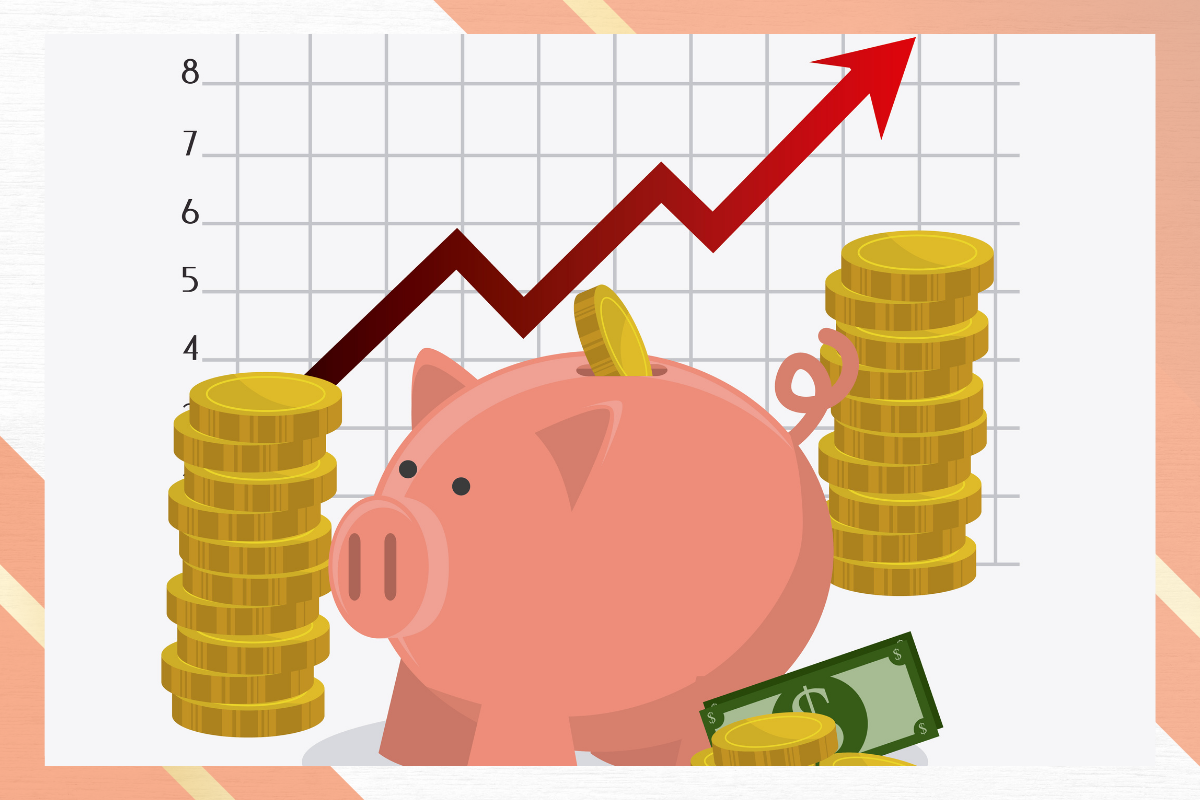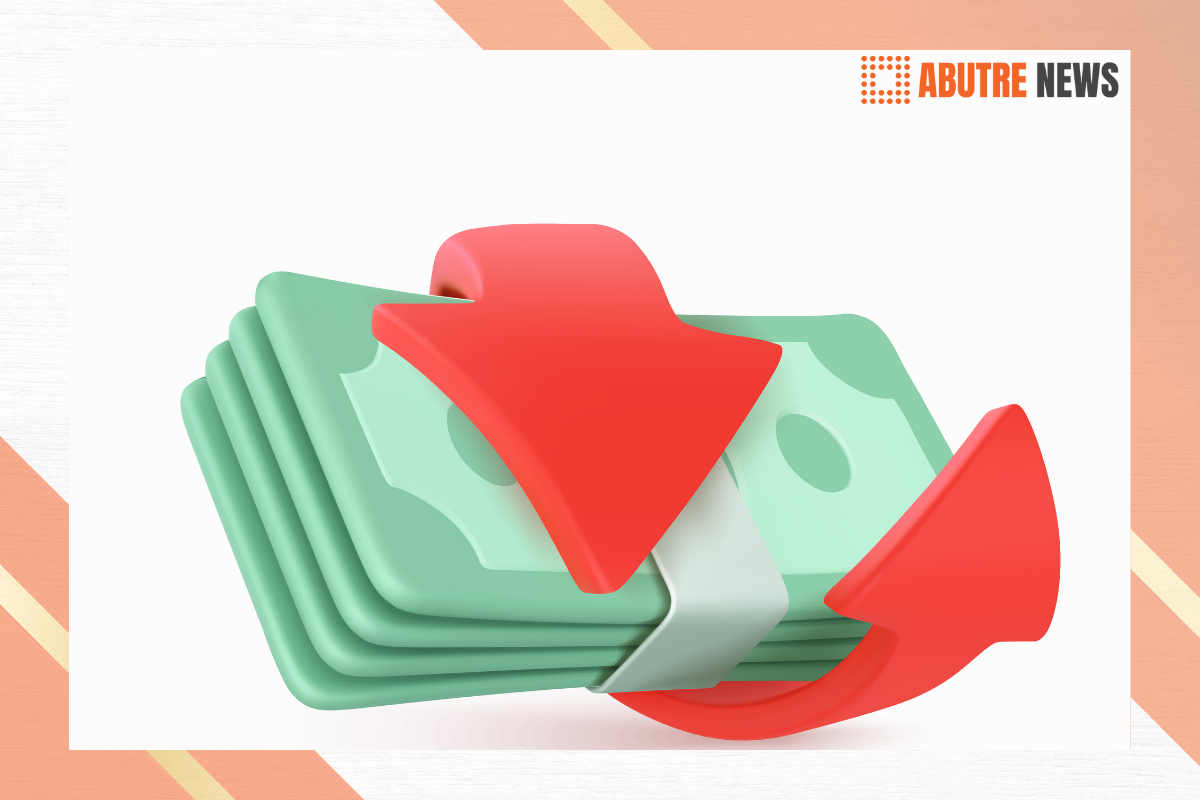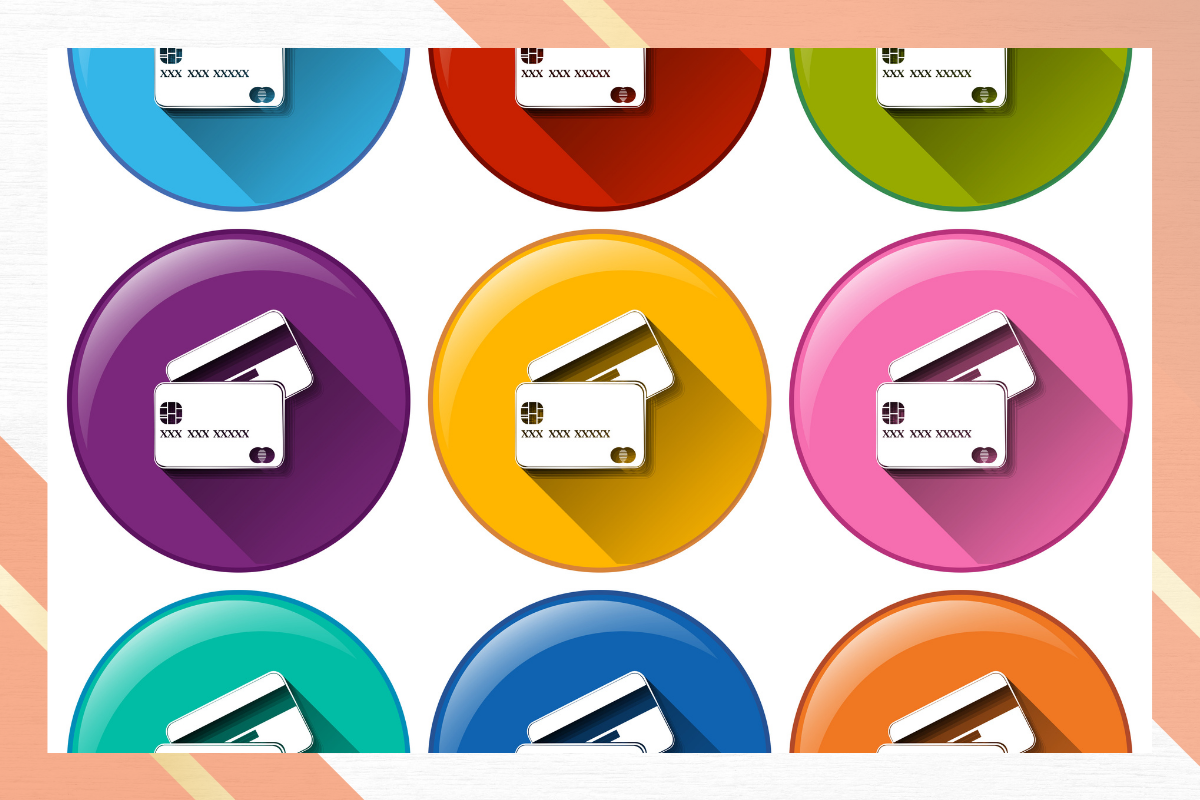We recommendation is:
See How to Identify Unnecessary Expenses and Strengthen Your Finances!

What are your top reasons why you’re saving money? Maybe you need to pay off some of your debts. Maybe you want to finally go on that much-needed getaway. Or maybe you wish to secure your future.
No matter what your reason may be, one of the most important steps to strengthen your finances is to learn how to identify unnecessary expenses that you can cut back from your budget.
Take a look at some tips on how to do it:
Ask Help from an Accountability Buddy
Finding an accountability buddy is one of the easiest and simplest ways for you to save money for your goals or just to stick to your budget. Make sure you and your buddy check in with each other once weekly.
You can also reach out to them every time you are tempted to make an impulse purchase. Your buddy will be the one to ask you all the right questions while reminding you why you consider it important to save money right from the beginning.
It’s important that you know how to create an effective financial budget.
Use Extra Money Wisely
How many of you spend your bonus money wisely? Unfortunately, only a few do so. More often than not, people lavishly spend their year-end bonus or wage hike on non-stop shopping or luxury vacations. Many of them blow away this extra money in any way they assume to give them satisfaction and happiness. What they don’t realize is that everything is just fleeting and short-lived.
Allotting your bonus or extra money to your savings today will help accumulate it into a bigger amount that you can use for retirement. Doing so will allow you to enjoy your life better rather than being anxious about your finances.
Develop Good Spending Habits
Building good habits is one of the trickiest things in life. You have to learn how to develop them but what is even more difficult is breaking them when necessary. To better determine unnecessary expenses, you should start by asking yourself about the areas where you find it most difficult to avoid spending. From there, you can try making the necessary changes to eliminate slip-ups or bad habits that you might have had in the past.
Be Mindful of Your Shopping
Shopping should never be done instantly and impulsively. The urge to purchase something expensive should always come with a reasonable justification.
Of course, you can also try waiting for as long as possible until its price is cut off or the discount becomes too good for you to ignore. Doing so will help you save some money from your purchase. Also, take note that shopping may be a necessity but it should never be a habitual activity.
Teach Yourself
If you’re having a hard time finding the best practices to save money, it wouldn’t hurt to teach yourself about new ones. For example, you can try to read blog posts or take free online courses. You’ll never know what type of information you will get until you look for them.
The best thing about this is that there are lots of options available for free for those who want to educate themselves about strengthening their finances.
Set Up a Budget
Food, shelter, basic clothing, transportation, and utilities are the necessities of modern living. Anything that doesn’t belong to these categories might not be considered a necessity. However, it doesn’t mean that you should completely avoid spending your money on your wants.
The best thing you can do instead is to set up a budget to help you better plan for your expenses. If you don’t have a budget in place, you won’t have any idea about the things you can and cannot afford.
But as long as you have a budget, it will be easier for you to make up your mind every time you face those tricky dilemmas related to spending.
Start by building a budget to make it easier for you to identify and eliminate most of your unnecessary expenses.
Cook Your Meals at Home
Any effort will never be wasted as long as you do it for the right reasons. Although it can be a hassle and even tiring to cook after spending long hours at work, make it a point to cook your meals at least thrice per week.
Regular eating out will burn a big hole in your pocket. If cooking at home is out of the question, spend your weekend preparing a menu with easy recipes for dinner for the entire week.
Other small expenses such as buying your cup of coffee from your favorite café every morning should also be limited to ensure that you don’t slowly but surely empty your wallet.
Prepare a Grocery List
Before you go to the grocery store, make sure you have your list ready. The last thing you want to happen is to go there and end up getting everything and anything you see, making you spend your money on unnecessary stuff.
You can’t blame stores if they try to tempt you with their offers and discounts. After all, this is how they earn extra bucks. But, your goal here is to save some bucks and not spend more than what you planned to.
One simple trick here is to make sure that you eat before you get your groceries. This way, you won’t fill up your cart fast with stuff that will only add up to your final bill.
Pay for What’s Visible
Cable TV is one of the most common recurring expenses that people pay for every month. But out of all the channels, how many of them do you watch? Downgrading your subscription may help you cut back on your monthly payments. Similarly, if you signed up for a gym membership but only work out once a week, it’s best to simply cancel it and do your workouts in the comforts of your home instead.
Compare Prices
If you plan to purchase something new that will affect your budget or come with a high price tag, make it a point to compare prices first. Maybe it could be cheaper in another store or there is an alternative that comes with more discounts. Avoid making large purchases without making the necessary comparisons first.
Avoid Keeping Up with the Joneses
Your best friend finally went on her dream vacation, so you deserve to do the same, right? Or maybe your neighbor bought a new TV and you thought about how yours needs an upgrade soon.
While there might be nothing wrong with this line of thinking, trying to keep up with what other people are doing will only lead you to your financial demise. One of the best ways to identify unnecessary expenses is to buy things you can afford, not things that others can even if you can’t.
The dream vacation and new TV might be tempting but if your budget doesn’t allow it, it won’t be worth your money and might only result in regrets down the road.
Track Your Expenses
If it seems like your paycheck is gone with the wind before you even get to enjoy it, now might be the perfect time to start tracking your expenses. Take note of every spending you had for the month or review your bank statements to identify what you’re buying in the first place. If it seems like you’re spending more on unnecessary stuff, start planning how you can cut down on your expenses on things you don’t need at all.
Take Advantage of Financial Apps
Modern technology has made it easier for people to do things, and this also applies to your finances. Now more than ever, you can choose from a long list of financial apps that you can use to your advantage.
Many of these apps come with exciting and helpful features, such as letting you determine unnecessary items that you might be unknowingly spending your money on. Be sure to take advantage of these apps so that it will be easier for you to track where your money goes and determine the areas where you can cut back to save more.
Envision Your Saving Goals
Prepare a progress bar that will help you determine and monitor if you’re staying right on track to reaching your savings goals. Seeing these numbers with your own two eyes daily can be an effective motivation for you to do better. On top of that, this can be a great activity that you can try with your whole family to ensure that everyone is on the same page when it comes to your financial standing.
The Bottom Line
Identifying unnecessary expenses is only one of the first steps to strengthening your finances. Remember that money matters are no small feat and most of the time, it takes lots of patience and discipline to finally reach your financial goals.
But hopefully, with these simple tips, you can soon be on your way to straightening out your finances and building it into a big nest egg that can help you enjoy your life to the fullest in the near future.
Discover other subjects in our website, like what are The Definitive Guide to Teaching Financial Education to Children.





